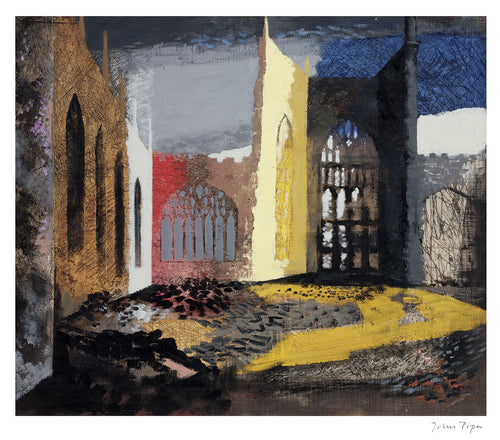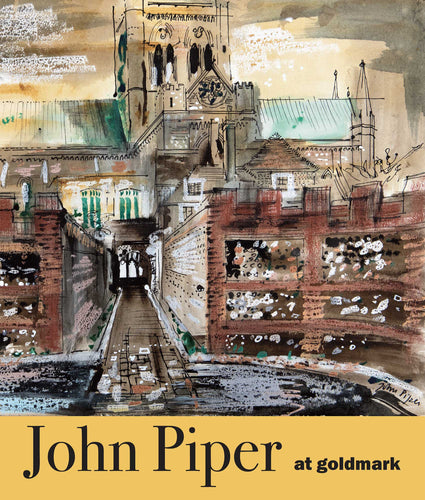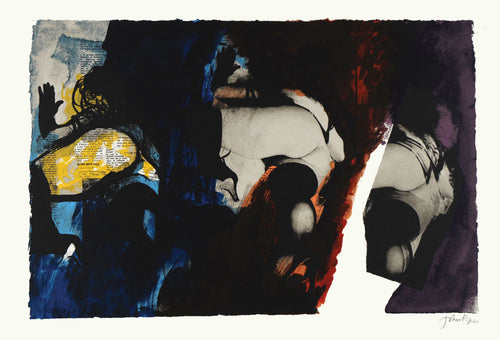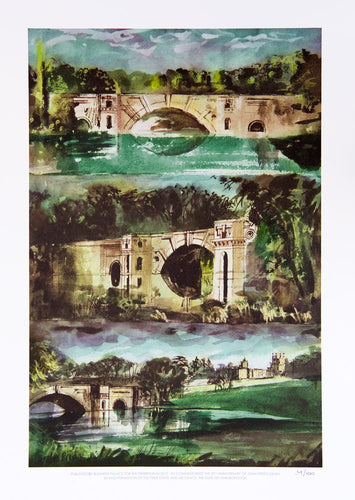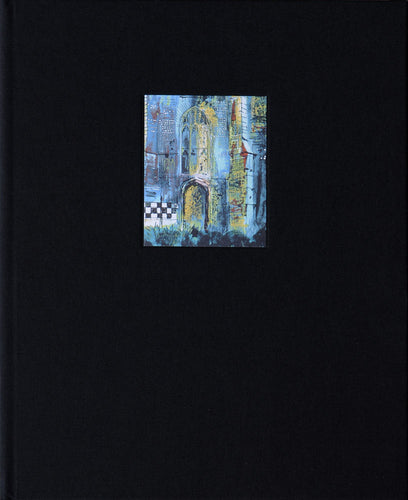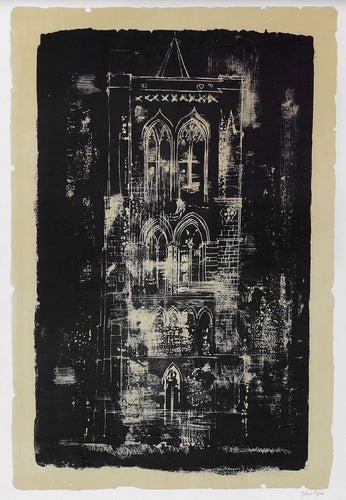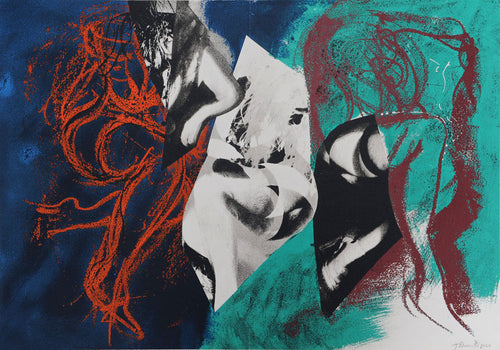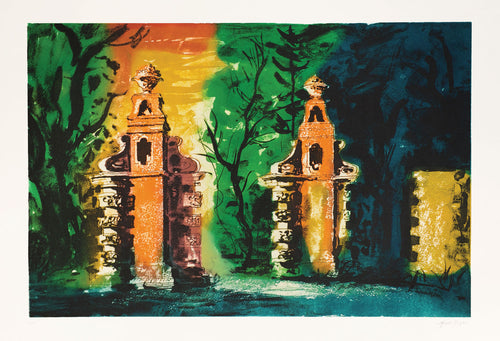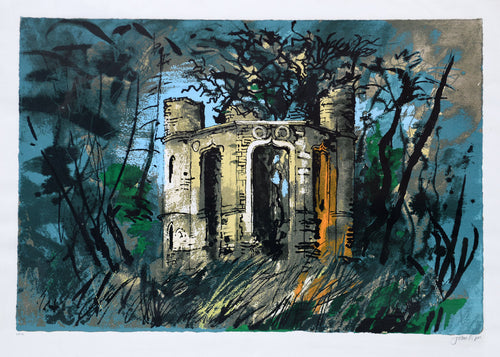John Piper was a complete artist who was inspired by all areas of artistic expression. His life was extraordinary in the true sense of real work and activity, real innovation, experiment and quality. He was also remarkable in being without arrogance, self-promotion or egotism. An Empty Stage investigates the life of an outstanding British artist.
John Piper was born at Epsom in Surrey, 1903. Following his father’s wishes, he spent 5 years in the family law firm before pursuing art, firstly at Richmond School of Art and then at the Royal College of Art. In the 1930s Piper exhibited abstract pictures and constructions, then reverted to creating landscape and architectural images, developing the picturesque style that features in his later work. Piper experimented with printmaking from as early as 1923 when he produced four wood engravings. Piper’s prints embody his love of Britain through their depiction of its art, architecture and topography. However frequently underpinning their design, as the artist Rigby Graham has indicated, are the elements of collage, construction and assemblage that featured in his modernist work of the early 1930s. Piper was an official war artist in World War II and his wartime depictions of bomb-damaged churches and landmarks, most notably those of Coventry Cathedral, made Piper a household name and led to his work being acquired by several public collections. Piper collaborated with many others, including the poets John Betjeman and Geoffrey Grigson on the Shell Guides, the potter Geoffrey Eastop and the artist Ben Nicholson.


